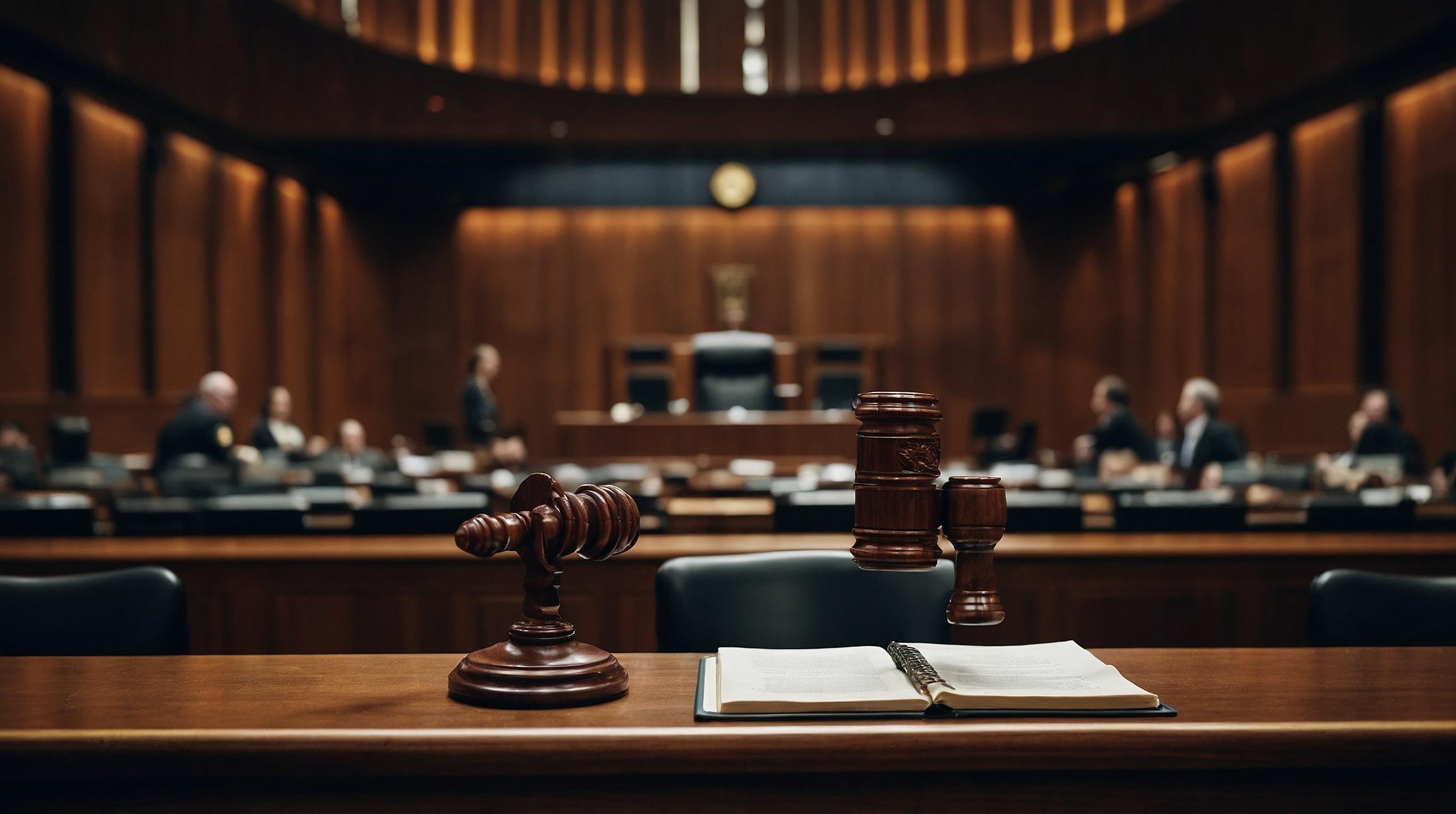Biden Administration Introduces New Labor Regulation
The Biden administration has recently unveiled a new labor regulation aimed at curbing the misclassification of employees as independent contractors. This move is expected to bring about major changes in the gig economy, extending federal minimum wage, health coverage, and paid sick leave protections to millions of workers in the United States.
Regulation Aims to Protect Workers’ Rights and Benefits
The new regulation, announced today, is a significant departure from a former guideline that was more favorable to employers in classifying workers. The Biden administration has made it clear that it is committed to supporting workers’ rights and providing them with essential benefits, which they might otherwise not receive as independent contractors.
Criteria Outlined to Determine Employee Classification
The new rule, which is set to take effect on March 11, outlines six criteria to determine whether a worker should be classified as an employee under the Fair Labor Standards Act. The criteria are designed to provide guidance for companies and help them make the appropriate classification decisions. This is an important step towards ensuring that workers are receiving the benefits and protections they are entitled to by law.
Gig Economy Companies Express Concerns and Confidence
Companies in the gig economy, such as Uber and Lyft, which heavily rely on independent contractors, have expressed concerns about the new regulation. The U.S. Chamber of Commerce and other business groups have warned that it could have adverse effects on worker flexibility and are considering legal action to challenge the rule. Nonetheless, gig economy companies, including Uber, remain confident that their drivers will retain their status as independent contractors, despite the new criteria.
Initiative Addresses Labor Market Complexity and Worker Protections
The Biden administration’s initiative marks a significant step in addressing the complexities of the modern labor market. With the rise of the gig economy, worker classification has become a contentious issue, with many workers being denied essential benefits and protections. This new regulation aims to bridge that gap and ensure that workers are receiving fair treatment and the benefits they deserve.
In conclusion, the Biden administration’s new labor regulation is a significant move towards protecting workers’ rights and extending essential benefits to millions of workers in the gig economy. While there are concerns and challenges from business groups, this initiative seeks to address the complexities of the labor market and ensure that workers receive the protections they deserve. Only time will tell how this regulation will impact the gig economy and the workers it affects.
Analyst comment
Positive news: The Biden administration introduces a new labor regulation to protect workers’ rights and benefits, extending essential benefits to millions in the gig economy. The regulation aims to bridge the gap between employees and independent contractors and provide fair treatment to workers.
As an analyst, the market is likely to see some initial resistance and concerns from gig economy companies. However, in the long run, this regulation will benefit workers and create a more level playing field in the labor market. It may lead to increased costs for companies, but it will also enhance worker protections and potentially attract more individuals to the gig economy.













